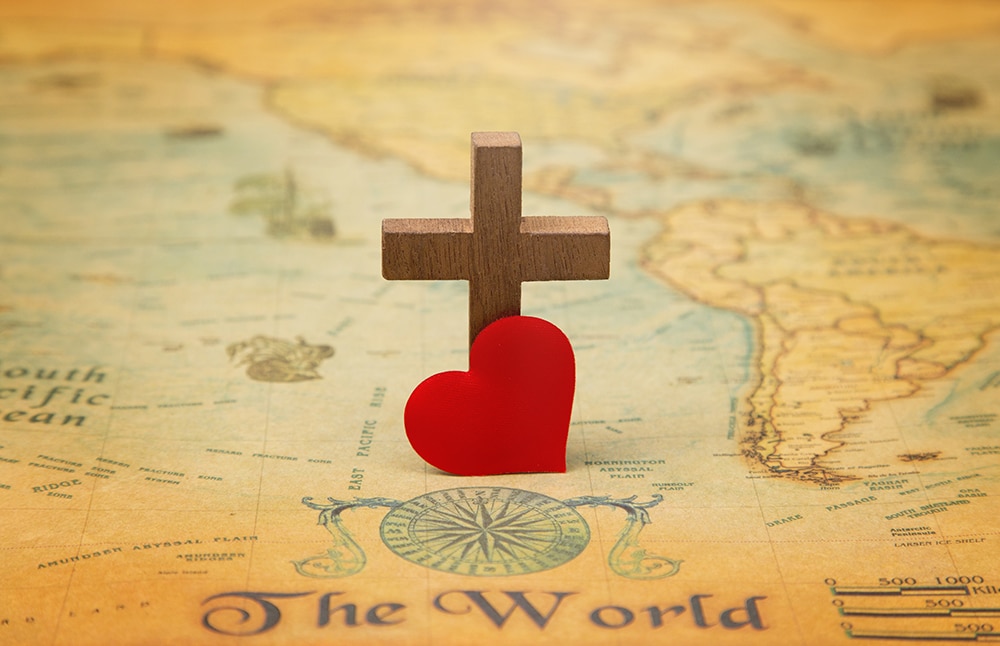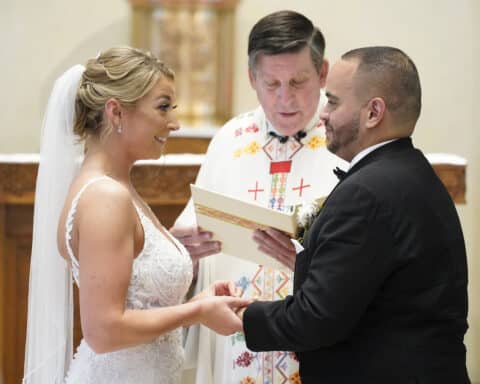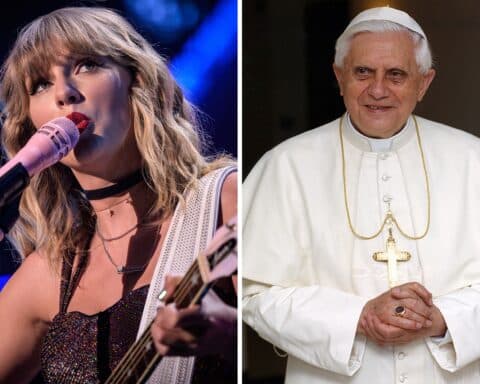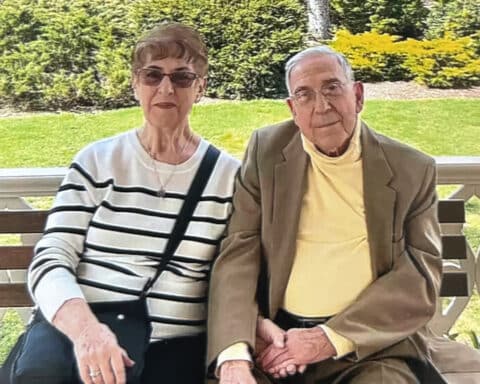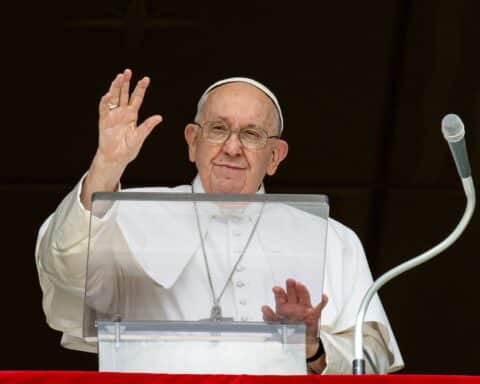
— James Phelan, via email
Answer: To love is to will or want the good of the other. This does not require me to personally know or have deep affection for others. For example, it is possible for me to will the good of an enemy or someone who has done me harm. I want for him just what I want for myself: his ongoing conversion and that he will one day make it to heaven. I can also want this for people I don’t know, even whole nations of people. It is usual for us to link affection with love, but it is not essential, since love abides fundamentally in the will.
As for the love of God, we are called to know him in what he has created and what he has revealed. Further, we can know him through prayer and our experience of God in the laboratory of our lives by what he does and how he provides for us. I have surely come to know God very personally, gratefully and tenderly. While it is true that many today do not know the Lord, this is largely due to the failure of several generations now to effectively hand on the Faith. It is our duty to strive to know the Lord through prayer, liturgy, sacraments and the word of God, and to draw others to knowledge of God.
Church funding?
Question: Does the Catholic Church receive funding from the U.S. government, or is it just supported through its tax-exempt status?
— Paul VanHoudt, Erie, Colorado
Answer: No, the Church does not receive funding from the federal government. There are situations where Catholic social service agencies, such as Catholic Charities, contract with federal or state agencies to run programs and provide services. But this is payment for services rendered.
As for our tax-exempt status, this is not a form of government support. It is our money given by the faithful for the works of the Church. Traditionally, churches were held exempt since they provided services and helped develop the character that makes for good citizens. While much of this is no longer appreciated by government officials, it seems politically unlikely that our tax-exempt status will be removed since it would probably include other denominations, synagogues and mosques. The outcry would be great. It is possible that the Catholic Church could be singled out for our failure to comply with many new legal demands related to same-sex marriage and numerous insurance or health care requirements with which we cannot morally comply. The Catholic Church, more than any other denomination, is in growing conflict with an increasingly secular culture hostile to biblical morality and Catholic doctrine. But even here, it seems unlikely at the present time that our tax-exempt status is in danger.
Refusing burial
Question: If a Catholic requests no service and no collection of ashes, is he violating the rules of burial and threatening his entrance to heaven?
— James Jeson, Milwaukee
Answer: The proper term is “cremated remains,” not ashes. And this explains why they should not simply be discarded and no one should request that this happen. Cremated remains are what remains of the body of a human being, and they should be treated in just the same way as any human body. They should be buried in a proper place and manner, not discarded as medical waste, not scattered on the ground or placed in a closet.
As for the request to have no Mass, this is irregular and not a good sign of the person’s faith. It is a proper work of the Church to pray for the dead and offer Mass for the repose of the souls of the dead. Frankly, we are going to need every available grace as we go to the judgment seat of Christ.
As for threatening entrance to heaven, this is dependent on what the person knew or understood and if any psychological issues affected the freedom or understanding of the person. Objectively however, it is not a good sign that one refuses burial or a Mass.
Msgr. Charles Pope is the pastor of Holy Comforter-St. Cyprian in Washington, D.C., and writes for the Archdiocese of Washington, D.C. at blog.adw.org. Send questions to msgrpope@osv.com.

